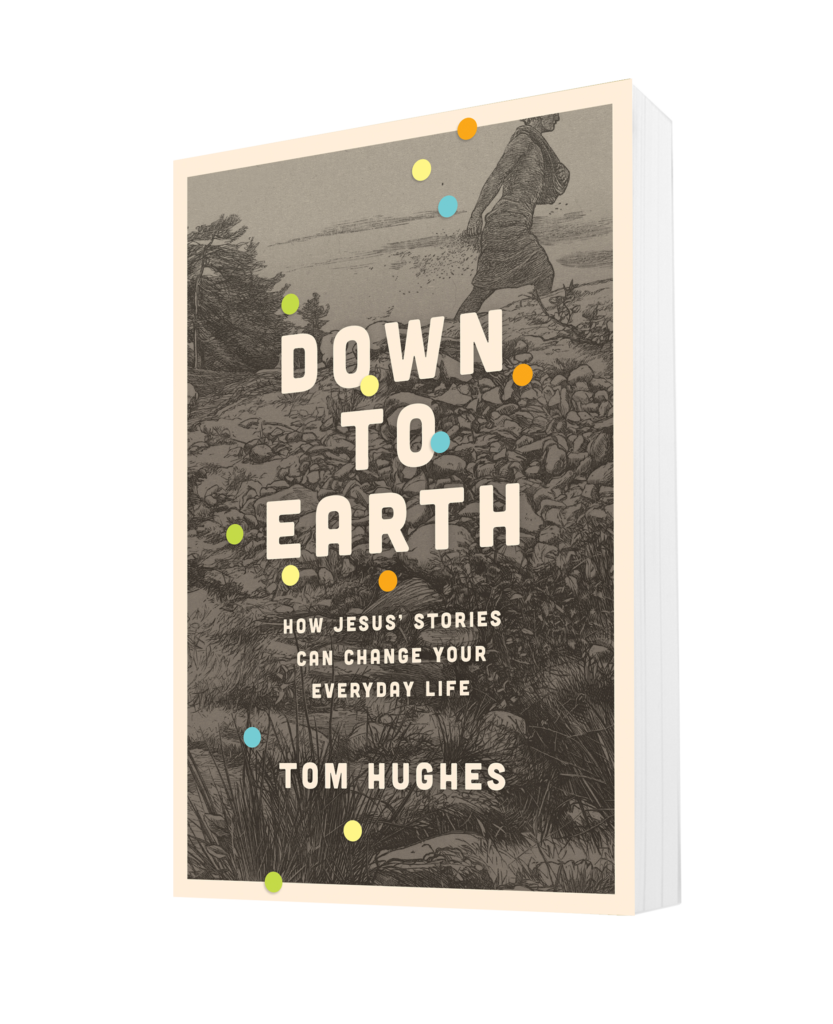How can we know what something is actually worth?
It’s a question we face every day. On one hand, we can confuse something that has only temporary value with something that is of lasting value. On the other hand, there are times when we recognize what is of real value—what is very good and truly valuable—and we organize our lives around those things.
Jesus tells two parallel stories back to back as a way of emphasizing that we are constantly faced with the challenge of deciding what something is worth. How you understand these two stories influences how you understand yourself, God, and living your one and only life. I believe that the following two parables are the most misinterpreted of Jesus’ parables. See if you agree.
What Is Worth What: Begin at the Beginning
Speaking to his disciples, Jesus said-
The Kingdom of Heaven is like a treasure that a man discovered hidden in a field. In his excitement, he hid it again and sold everything he owned to get enough money to buy the field. Again, the Kingdom of Heaven is like a merchant on the lookout for choice pearls. When he discovered a pearl of great value, he sold everything he owned and bought it! – Matthew 13:44-46 (nlt)
The standard interpretation of these two parables is that we are like the man in the first story or the merchant in the second one. We find the treasure that is the Kingdom of heaven. Seeing that it is of such great value, we give our all to buy it. We are the one doing the seeking, the finding, and the purchasing. We are the hero in the story.
But is that really what Jesus is trying to tell us? Maybe.
But maybe not.
“Am I the man or the treasure?” “Am I the merchant or the pearl?” Before we wrestle with the ends of the stories, we have to wrestle with their beginnings. We have to ask ourselves, “Who is the what?”
Just prior to the parables, Matthew tells us,
Jesus always used stories and illustrations like these when speaking to the crowds. In fact, he never spoke to them without using such parables. This fulfilled what Jesus had spoken through the prophet: “I will speak to you in parables. I will explain things hidden since the creation of the world.” – Matthew 13:34-35 (nlt)
If these parables are about “things hidden since the creation of the world,” determining who is what in these parables requires us to go back to the creation of the world:
God said, “Let us make mankind in our image, in our likeness, so that they may rule over the fish in the sea and the birds in the sky, over the livestock and all the wild animals, and over all the creatures that move along the ground.” So God created mankind in his own image, in the image of God he created him; male and female he created them. . . . God saw all that he had made, and it was very good. – Genesis 1:26-27, 31
The Hebrew word that is translated good can also be translated as precious, valuable, excellent, and pleasing.[i] Genesis tells us that for the first five days of creation, at the end of each day’s work the creation was good. However, here at the end of the sixth day’s work of creation, the day that God made people in his image, it was very good. In other words, Genesis is underlining the value that God saw when he considered the people he had created. All of creation was good, except those beings made in God’s image: they were very good.
Living in a global marketplace, we can absorb the illusion that value is determined by “What have you done for me lately?” We often extend that way of thinking to ourselves, measuring our worth based on grades, job reviews, number of social-media followers, or amount of money in our bank accounts. We slip into thinking that our value is determined by how others feel about us or even how we feel about ourselves. That might work well on our good days, but what about on our bad ones?
Genesis offers us a different picture. Humans are created on the sixth day. The people had not even done anything yet. They had not produced or created or even multiplied. And day seven was set apart as a day of rest—the very first full day of human existence was a day of rest.
Our being called very precious and valuable before we had done anything and then given a day of rest to start our experience of life underscores that our value must be intrinsic to who we are, not just what we do.
You’ve been reading with Tom Hughes from Down to Earth: How Jesus’ Stories Can Change Your Everyday Life. Read a free excerpt from the beginning of the book here. Or get started on the YouVersion reading plan in English or Spanish.

[i] F. Brown, S. Driver, and C. Briggs, Brown-Driver-Briggs Hebrew and English Lexicon (Accordance Bible Software, version 9.6: 2012).

